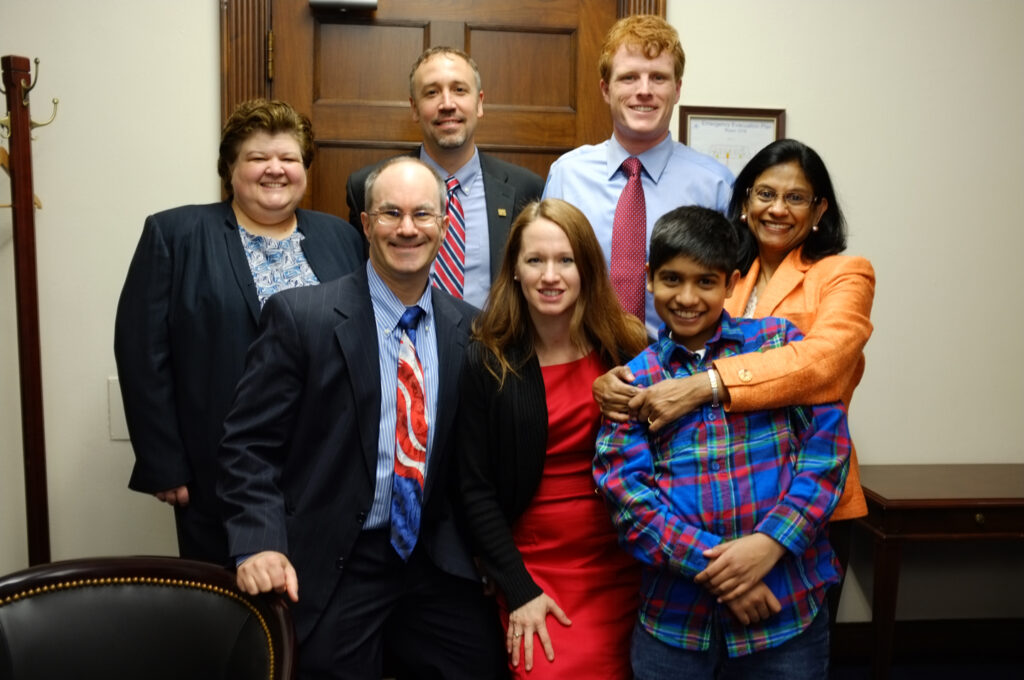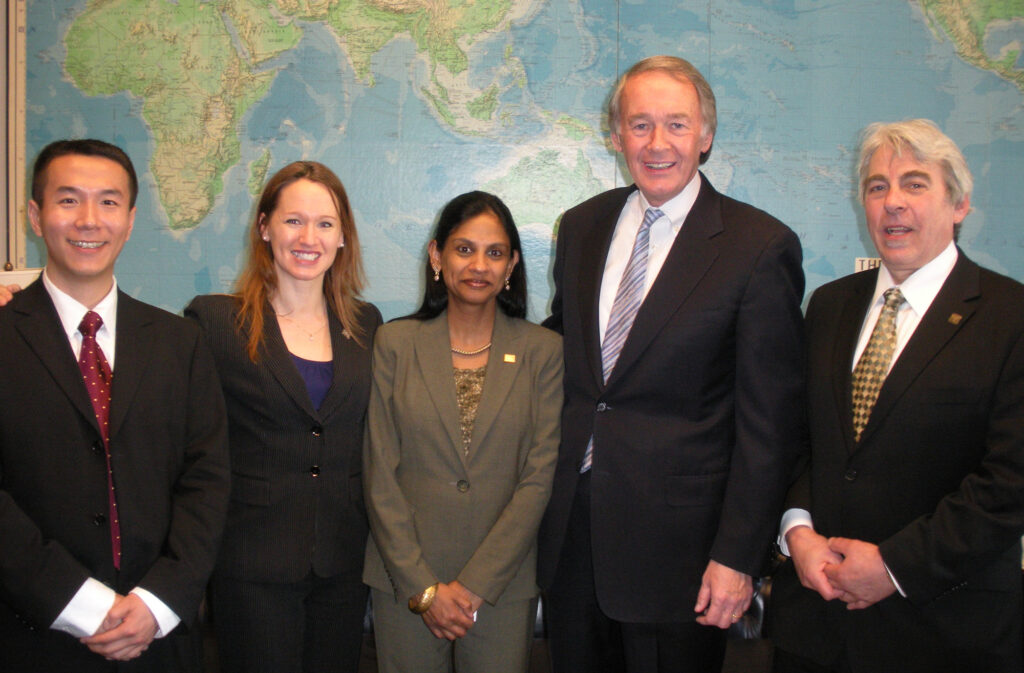The Neurology Department has an ongoing program of health services training and research. Didactic training in quality improvement, patient safety and healthcare disparities is provided each year through lectures. Residents are expected to participate in monthly Mortality and Morbidity conferences. A PGY3 resident presents a case, which is then discussed by the other residents and faculty to evaluate potential errors in a transparent, non-judgmental manner with the sole purpose of learning from our mistakes. The case is chosen by the resident with input from Dr. Narayanaswami, who is the QI Director for Neurology. Typically, a case with cognitive or systems errors, or both, is chosen. Learning includes the clinical “pearls” of the case but is mainly directed at a formal root cause analysis using a modified fish-bone diagram or chart. Systems errors that are identified may form the basis for quality improvement projects. Residents will learn to apply the methods of root cause analysis to any case.
All residents are expected to select a quality improvement project. We encourage small, meaningful projects that involve identifying systems issues that can be corrected with small and easy measures. We also encourage studying the effect of these corrective actions systematically to identify further opportunities for improvement. Opportunities for presenting their projects at the American Academy of Neurology Annual Meeting Quality Safety Colloquium or other venues are available. Interested residents are encouraged to publish their quality improvement work under Dr. Narayanaswami’s supervision. Residents have an opportunity to participate in our hospital-wide quality improvement activities and become members of the residents QI committee.
Residents usually attend 2 hospital wide Quality Improvement Directors’ meetings a year. These meetings provide information about hospital QI initiatives, and nationwide quality benchmarks and where the BIDMC stands on these benchmarks. Patient safety is also addressed in these meetings by reviewing cases across all departments using formal root cause analytic methods (Five Whys). Residents learn regulatory issues such as reporting to the State Health Department and State Board of Licensure.
Other opportunities for interested residents include participating as authors in the development of evidence based clinical practice guidelines through the Guideline Development and Dissemination Subcommittee of the AAN, of which Dr. Narayanaswami is a member.


From our residents:
Neurology residents have the opportunity to work collaboratively with residents of all specialties as part of the House Staff Quality Improvement Committee (HSQIC) at Beth Israel Deaconess Medical Center. This group works to affect change at an elemental level, brainstorming solutions that impact patients in a variety of specialties.
Examples of ongoing projects include:
- Streamlining the admission process of critically ill patients from the emergency department to critical care units and
- Broadening patient access to interpreter services for all patients. We are looking at mobile devices and software such as Starleaf to bring to the bedside.
- We also have the opportunity to learn, and often test, new hospital initiatives or changes to the electronic medical record, giving direct feedback to the hospital administration.
